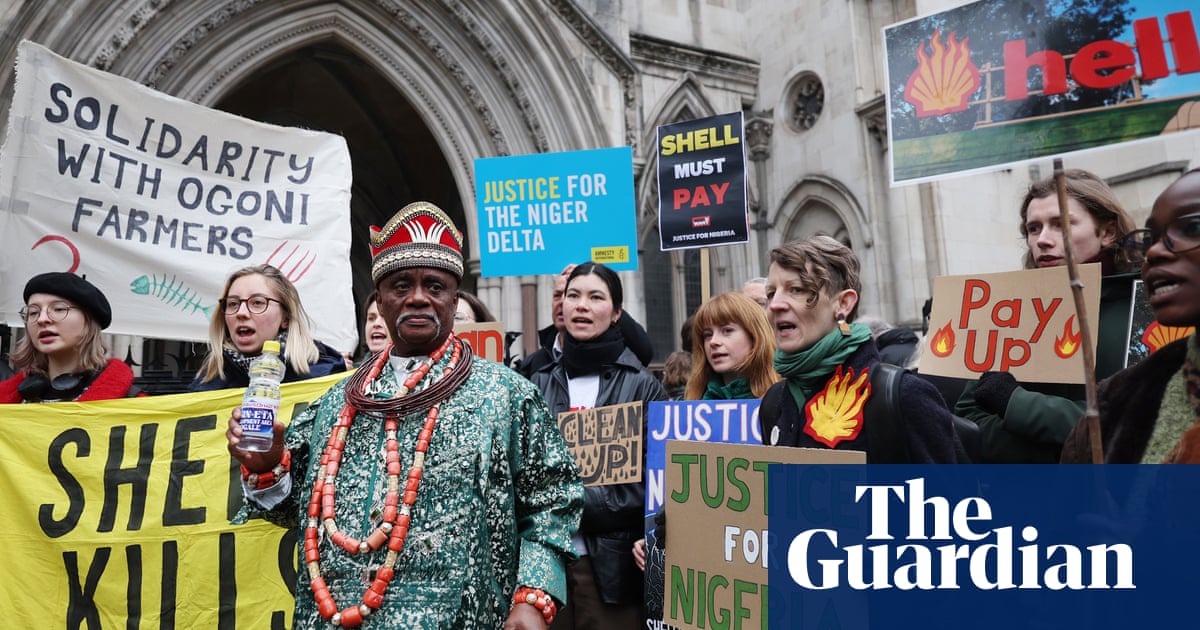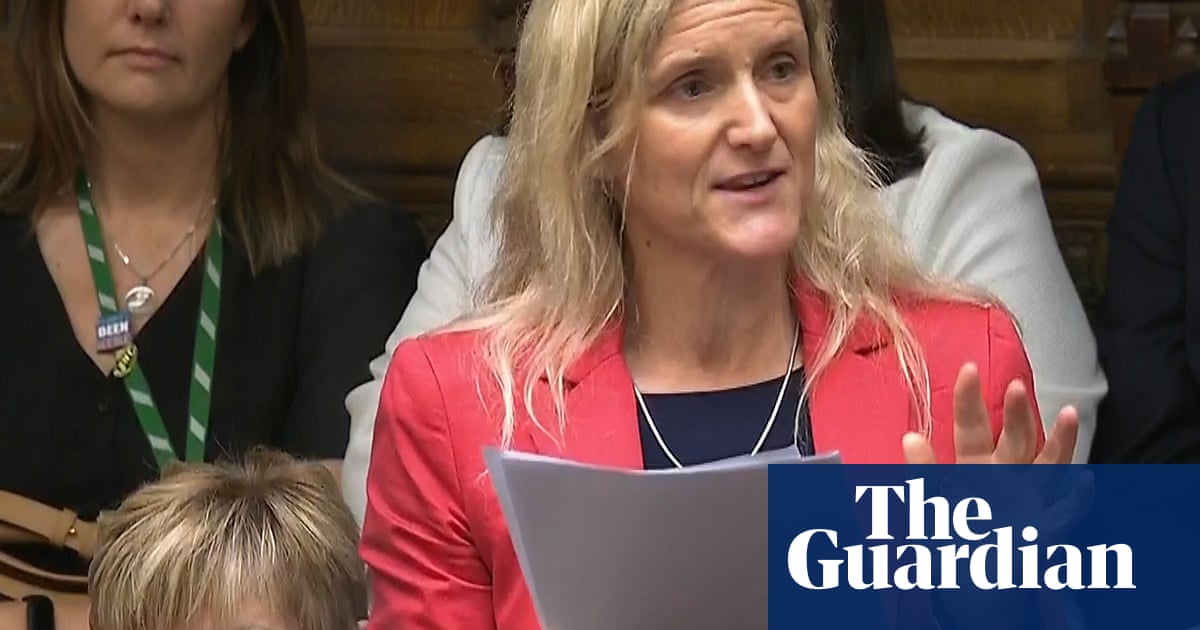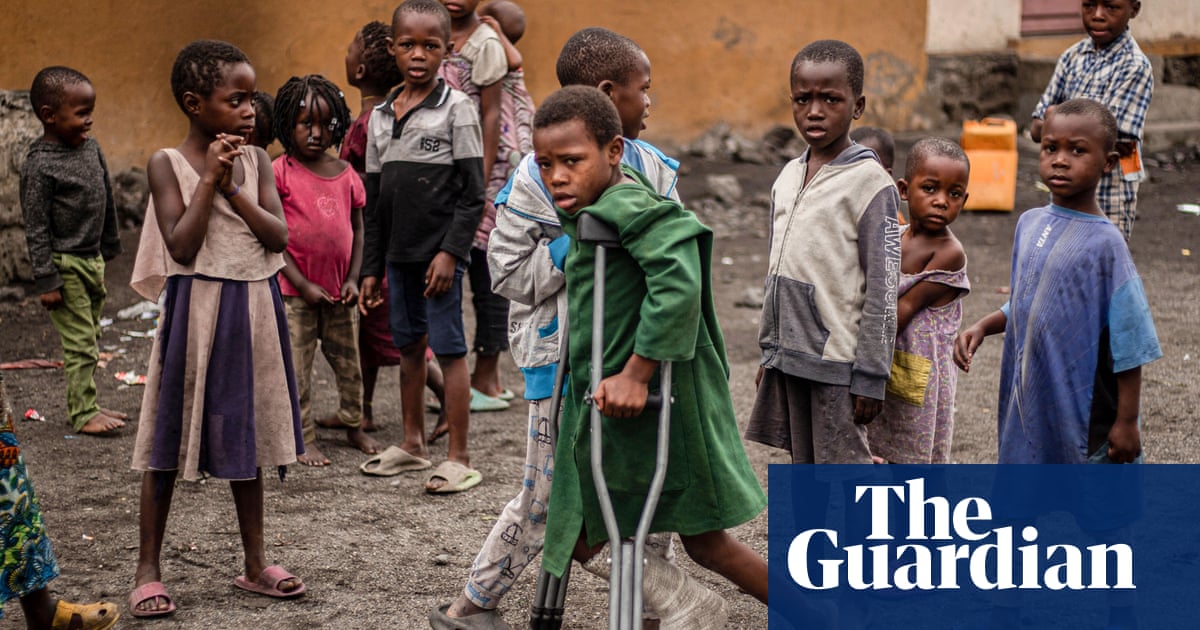Three or four years ago, the Spanish psychologist Jesús Moreno began to notice a difference in the drawings that the young participants in his workshops on masculinity produced when asked to sketch out their idea of what a man looks like.
The figures they drew were no longer merely the muscular and bizarrely well-endowed drug dealers, etched with prison tattoos and surrounded by guns, knives, cars, sex workers and bundles of cash, to which Moreno and his colleagues had long grown accustomed.
“We started getting things we hadn’t seen before, like Spanish flags and swastikas and people writing, ‘Vote Franco’,” says the psychologist.
Moreno, who works with the Fundación Iniciativa Social to promote gender equality and raise awareness of the social and psychological issues men face, was not surprised. For him, the development was proof that Spanish teenagers and young men – many of whom had already absorbed the macho, misogynistic tropes of the “manosphere” – were also beginning to embrace the far-right political views that have gained so much ground globally over the past decade.
“It showed that this had moved beyond the social networks where kids chat and had become something identitarian,” he says.

In Spain, as elsewhere, the Netflix teen murder drama Adolescence has sharpened concerns over technology, toxic masculinity and intergenerational chasms, and dragged those issues to the fore. But, as the drawings in Moreno’s workshops attest, the country has the added ingredient of the still bitter legacy of the Franco dictatorship – and a powerful far-right political party.

Alicia López, an ethics and philosophy teacher in central Spain, has also noticed a change in the language used by some of her male students. Nostalgic, ignorant talk of Franco has begun to surface – even though the dictator died 50 years ago this November and young Spaniards know very little about the era – mingling with familiar attacks on the perceived anti-male biases of modern society.
“The stuff that’s said is really crude,” she says. “They talk about Franco and Francoism without knowing about it … [And] feminism … is under constant attack. If you tell off a male student for something, they will immediately say, ‘Why aren’t you telling the girls off?’”
And, despite living in an area with very low levels of immigration, López has detected a rise in xenophobic talk.
“There are very few immigrant children in class, but you hear insults, like asking people if they eat ham, and kids calling their peers terrorists,” she says.

Photograph: Universal History Archive/UIG/Getty Images
Moreno and López note that the increase in reactionary, anti-feminist, anti-immigrant language has, unsurprisingly, coincided with the growing political influence of the far right. Spain’s far-right, pro-Trump Vox party, once dismissed as an inconsequential band of provocateurs, broke through into the mainstream almost seven years ago and is now the third largest force in the Spanish congress. For many young men, much of Vox’s appeal lies in its rigid certainties and its fierce opposition to all things woke.
A poll two years ago suggested that more than half of young men aged between 16 and 24 feel that the drive for women’s equality has gone so far that men are now discriminated against. Another, more recent survey found that 36.1% of men aged 18-28 would vote for Vox, compared with 14.6% of the population as a whole.
While much of the support for Vox and apparent nostalgia for an unknown and repressive era may be rebellious adolescent posturing, it is nonetheless gaining ground.
“The far right has sold them this idea that voting for them is a revolutionary act now, which feeds into that whole teenage process of thinking you’re unique,” says Moreno.
López, who is the president of Colectivo DIME+, a nationwide group of teachers, counsellors and parents formed to fight the reactionary discourse around education, feels that boys’ embrace of extremes may also be an effort to be heard in a busy and time-poor world.
“Because children’s voices and general wellbeing aren’t heeded enough, they end up in the arms of those they shouldn’t,” she says.

Maria Freixanet, gender investigation coordinator at Barcelona’s Institute of Political and Social Sciences, has been investigating the effects of influencers on young men in Catalonia. She, too, has noted a fall in support for feminism that has coincided with the rise of the far right.
after newsletter promotion
“Last year, it dropped 18 points and there are now more young men who say they’re against feminism than in agreement with it,” she says. “We also see that across other values when it comes to issues such as immigration and support for the democratic system, both of which are falling.”
Freixanet says her team’s research, which has not yet been published, makes it plain that the manosphere’s neo-sexist discourse – “the modern adaptation of the aged-old machismo” – is reaching and influencing boys and fuelling notions of male victimisation.
“These boys have grown up at a time when anti-feminism already had a political voice,” she says. “There used to be things you couldn’t say and now you can.”
Freixanet suspects that the loneliness and screen time of the pandemic years may also have played a part.

“You used to finish school and then hang out with your friends to chat and eat snacks,” she says. “And now, kids are on their own at home in front of a screen … Boys and girls are separating and that’s giving rise to very different thought systems … there’s a big gulf and lack of trust.”
A spokesperson for the education ministry said that while media reports pointed to “an increase in hatred and intolerance among young people”, the phenomenon was not confined to Spain. She said the government was analysing where young people got their news and views from, involving them in conversations about “democracy, freedom, justice and the climate crisis”, and working to give them the tools, education and historical memory lessons needed to help them build a future.
Spain’s youth ministry is also working to address the same issues as it prepares the country’s first youth law, which will include measures to protect the economic, social and democratic rights of young people, as well as their mental health and wellbeing. On Tuesday, the cabinet approved a draft law aimed at keeping children safe in the digital sphere.
Despite the ugly and provocative language and stances adopted by many boys, López believes difficult conversations are essential.
“If a boy can’t express himself in class – if he feels that his voice and opinion aren’t being listened to – then you’re not going to know where the problem is,” she says. It is better, she adds, to listen and then to introduce context and information about the realities of Franco’s four-decade dictatorship to counter the misconceptions.
Moreno agrees that demonisation and performative moral panics are not helping. “We shouldn’t trivialise the fact that young men are now more likely to vote for the far right – the statistics are there,” he says. “But by creating a continuous self-confirming bias and calling them fascists, we turn into the paternalistic state that’s telling them what they’re like and how they have to be.”
The psychologist also says that today’s young people are a diverse bunch – and that there are grounds for optimism. “A lot of young people know much more about feminism than I did when I was their age,” he says. “There are a lot of boys – the majority – who don’t take a position.”
Today’s young people have amazing potential despite the grim state of the planet and its politicians, he adds.
“They’re wide awake even though we’re giving them an uncertain future in which we don’t know whether we’ll screw up the planet in the next 50 years. And yet they’re always looking to make sense of their lives. What if we could give them a sense of belonging that had nothing to do with neo-Nazi or far-right discourse? What if there was a pro-rights discourse? That’s the challenge.”

 2 months ago
36
2 months ago
36

















































